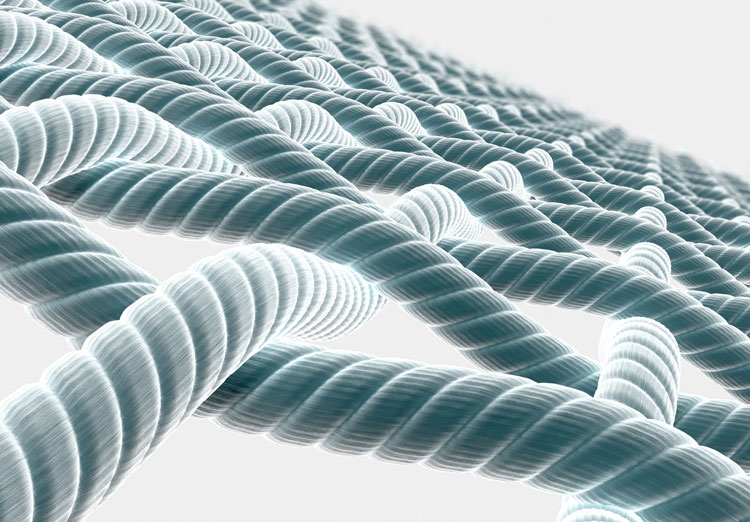Researchers from Tokyo Metropolitan University have made a breakthrough in the field of plastic recycling by developing a new chemical process that upcycles polyesters, including polyethylene terephthalate (PET) found in plastic bottles. The process converts polyesters into morpholine amide, a versatile building block that can be used to synthesize a wide variety of compounds. This innovative reaction is high-yielding, waste-free, does not require harmful chemicals, and can be easily scaled up.
Traditional recycling methods for polyesters often involve the use of high temperatures or strongly alkaline conditions, which not only consumes energy but also generates chemical waste. These processes typically result in the production of intermediate compounds that are used to create the same products they came from, making it economically unviable and inefficient.
In contrast, upcycling aims to break the closed-loop cycle of plastics and transform them into more valuable and useful compounds. This open-loop scheme is essential for practical strategies that promote a greener society.
The team of scientists, led by Associate Professor Yohei Ogiwara and Professor Kotohiro Nomura, utilized a cost-effective solvent called morpholine and a small amount of a titanium-based catalyst to convert polyesters into morpholine amides. These amides can be further transformed into intermediate compounds for polyester recycling or easily reacted to produce ketones, aldehydes, and amines. These chemicals are crucial for creating a wide range of valuable compounds through upcycling.
One of the main advantages of this new process is that it does not require expensive reagents or harsh conditions, and it generates minimal chemical waste. The reaction has a high yield, and any unreacted solvent can be easily collected. The team also discovered that a small amount of catalyst is sufficient to drive the reaction at an optimal speed, and the resulting product can be easily separated through simple filtration.
Furthermore, the reaction can be carried out at normal pressure, eliminating the need for special reaction vessels or devices. This makes the process easily scalable, even in a laboratory setting. To demonstrate its scalability, the researchers successfully converted 50 grams of PET material from an actual beverage bottle into over 70 grams of morpholine amide, achieving a yield of 90%.
With the global plastic waste problem becoming increasingly urgent, innovative strategies are required to process and repurpose plastics effectively. The waste-free and low-cost upcycling method developed by the Tokyo Metropolitan University researchers could soon be applied to transform polyester waste into specialty chemicals. This breakthrough not only offers a sustainable solution to plastic recycling but also opens up new possibilities for the creation of valuable compounds from waste materials.
*Note:
1. Source: Coherent Market Insights, Public sources, Desk research
2. We have leveraged AI tools to mine information and compile it




